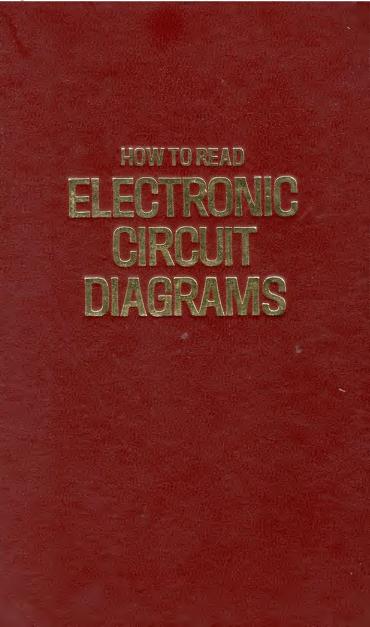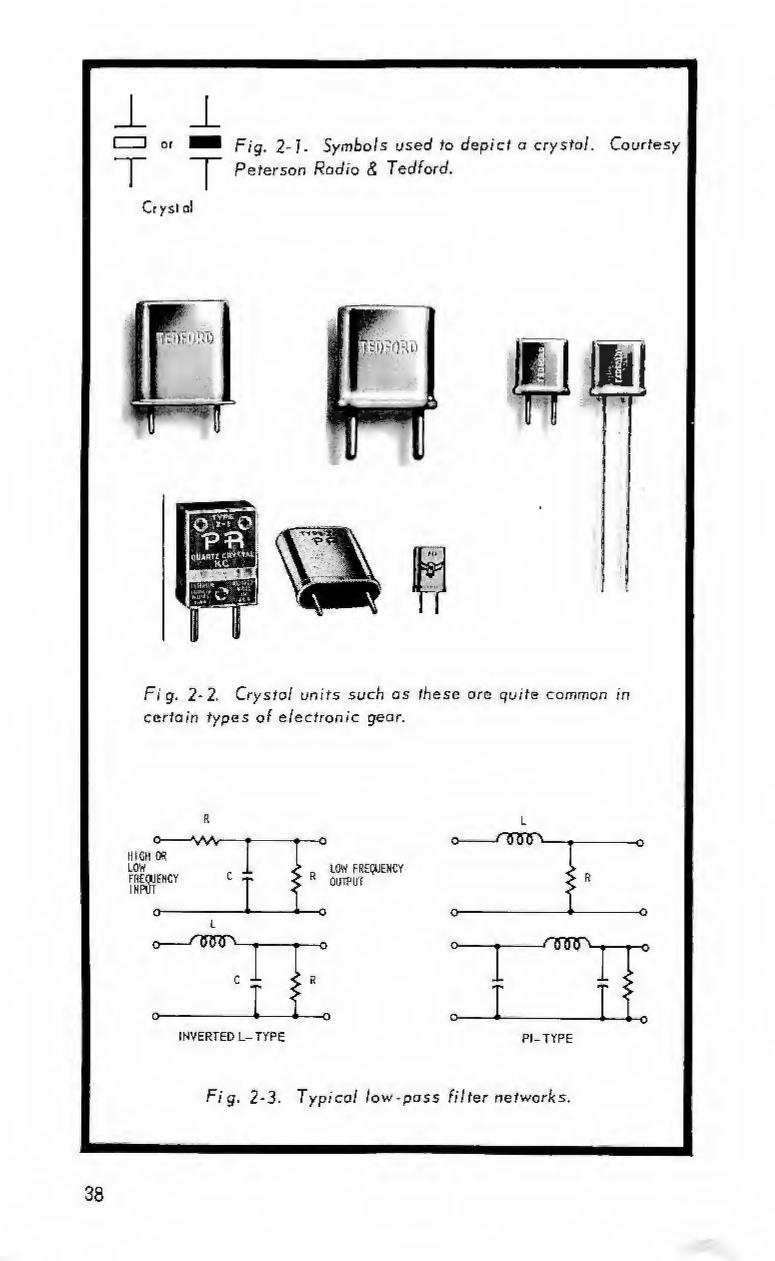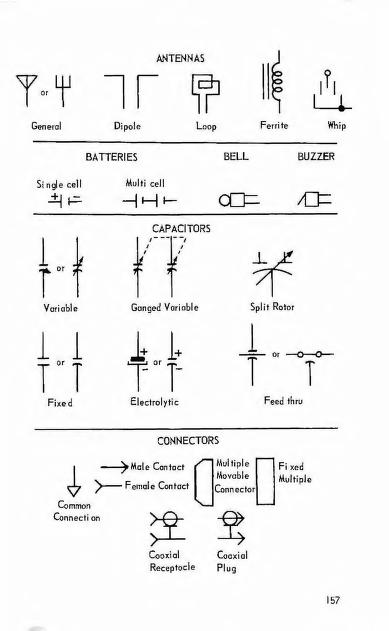Historical Technology Books - 44 in a series - How To Read Electronic Circuit Diagrams by Robert M. Brown; Paul Lawrence (1972)
Preface
Circuit diagrams are the basic means for relating information regarding the construction and functions of electronic equipment, a method of showing the circuits and components in symbolic or pictorial form in a universal language. Therefore, the ability to read and understand electronics circuit diagrams is a must for those who aspire to a career in electronics or for those who will pursue electronics as a hobby. In this book you learn the significance of each type of diagram* Some show specific circuits with each part represented by a schematic symbol-while others use actual photographs or drawings to illustrate the appearance and physical location and relation of each part and circuit wiring—a pictorial or layout diagram. Thus you learn to recognize each diagram for its intended purpose, and develop the ability to derive the correct information from the maze of weird looking symbols and lines*
We begin with the basics—schematic symbols—so as not to leave out anything necessary to a thorough understanding. Then, we progress to actual diagrams and show you how to analyze each type —to read the diagram and acquire an understanding of how the device really works. In so doing, you also learn where to look for trouble and how to determine whether or not a circuit is doing what it was designed to do.. The appendix includes all currently used electronic symbols, and a glossary explains the most commonly encountered terms.
Robert M, Brown & Paul Lawrence




Comments